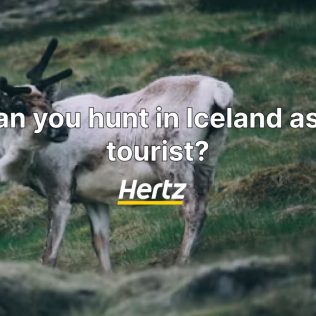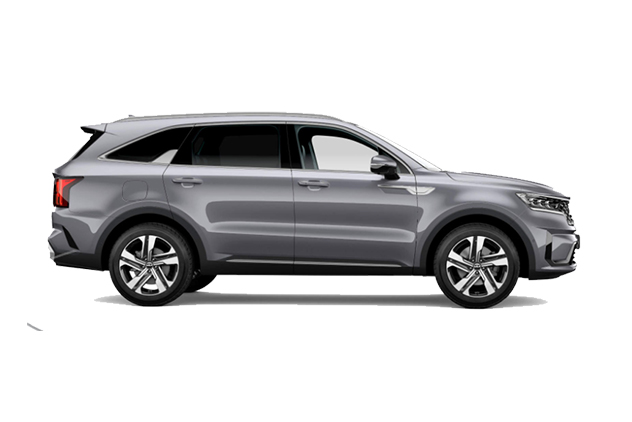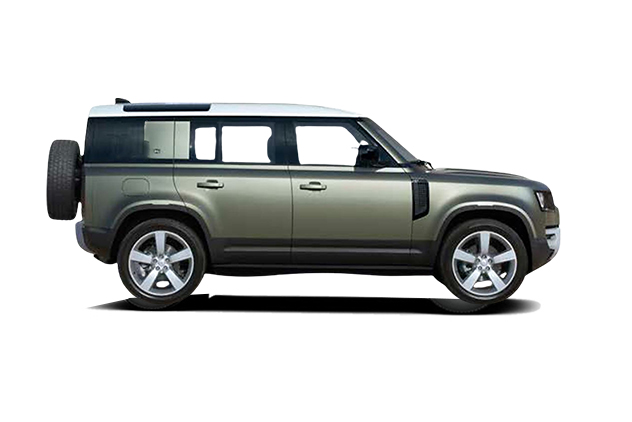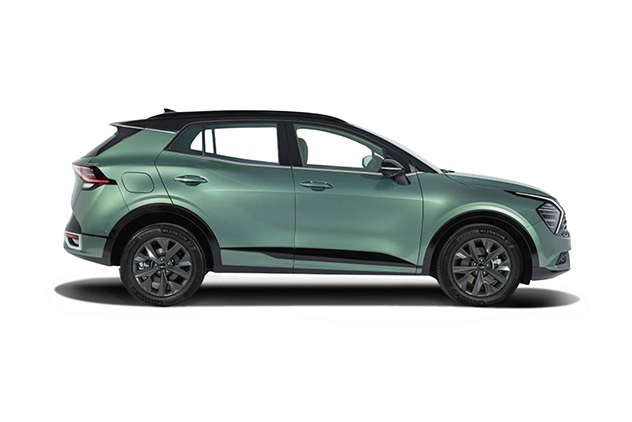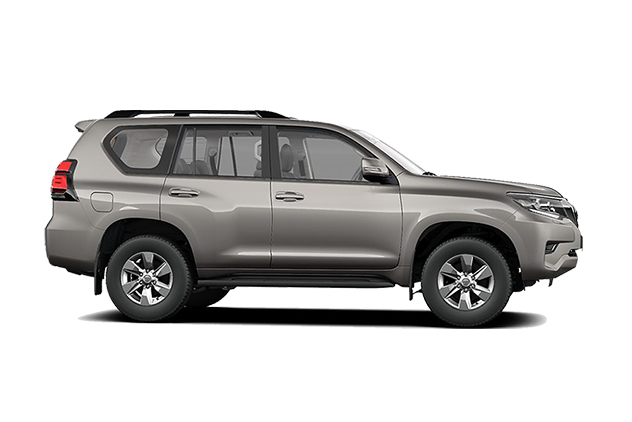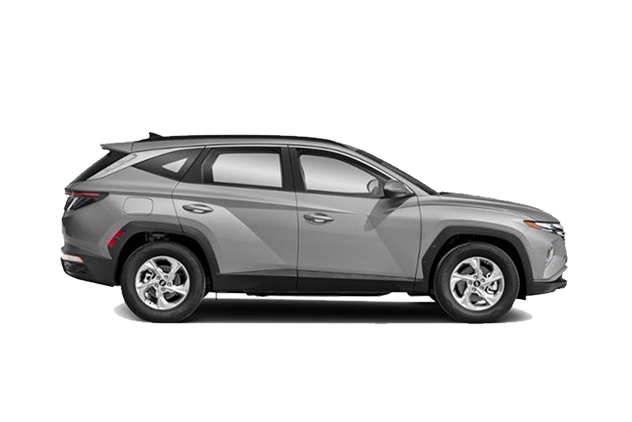Iceland has many beautiful landscapes and interesting wildlife, making it a great place for outdoor activities. One option is hunting, which is a traditional and regulated sport here.
If you’re a tourist, you can participate in hunting in Iceland, but there are some rules you need to follow.
In this guide, we’ll look at important details about hunting in Iceland for visitors. We will cover the hunting seasons, the need for experienced guides, and the legal requirements.
Hunting Regulations in Iceland
Hunting in Iceland is highly regulated to ensure conservation and sustainability. Each species has specific hunting laws to maintain ecological balance.
To hunt legally, tourists must adhere to these regulations, which cover permits, seasons, and methods. Strict compliance is mandatory.
The Environment Agency of Iceland oversees hunting activities, you also need to apply for hunting card. They provide detailed guidelines for prospective hunters, ensuring all legal requirements are met before embarking on a hunting trip. You are NOT ALLOWDED to bring your hunting gun into Iceland.
Required Permits and Licenses for Tourists
Tourists who want to hunt in Iceland need to get the right permits and licenses before their trip. These are not available when you arrive, so it’s important to plan ahead.
Non-residents must hunt with a licensed Icelandic guide. This helps to follow local laws. It is important to work closely with a knowledgeable guide.
To get permits and licenses, tourists should:
- Reach out to a licensed hunting guide in Iceland.
- Arrange permits through the Environment Agency of Iceland.

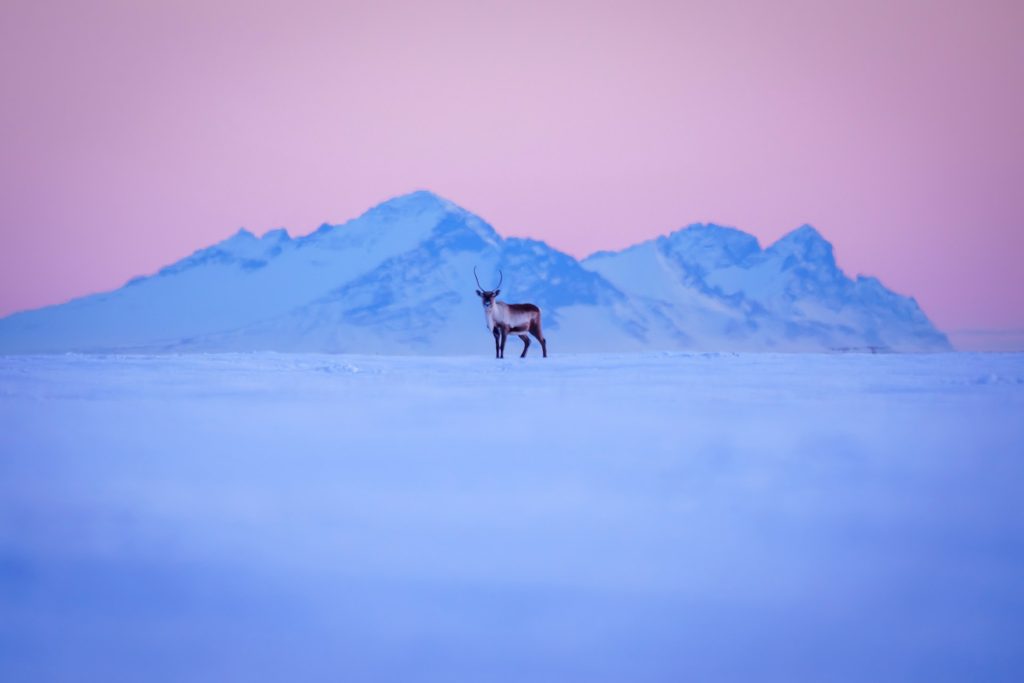
Popular Hunting Seasons and Species
Hunting seasons in Iceland are tailored to species and regions. Regulations ensure responsible hunting to preserve wildlife. Guided hunts offer insights into targeted species during legal periods.
Popular species and seasons include:
- Reindeer: Limited season in late summer, only from 1 Aug to 1 Sep.
- Puffins: Traditional hunting with specified regulations, seasons only from 15 to 25 April.
- Geese and ducks: Autumn seasons vary by area.
Reindeer Hunting in Iceland
Reindeer hunting in East Iceland requires a special permit due to its popularity. The reindeer hunting season starts typically starts in late summer.
Strict quotas maintain population balance. Hiring experienced guides enhances the experience and ensures adherence to regulations.
Puffin Hunting Regulations
Puffin hunting, a traditional Icelandic activity, follows specific rules to protect the species. It remains highly regulated.
Only allowed in certain areas, hunters must respect set quotas. Engaging a local guide is vital for a lawful experience.
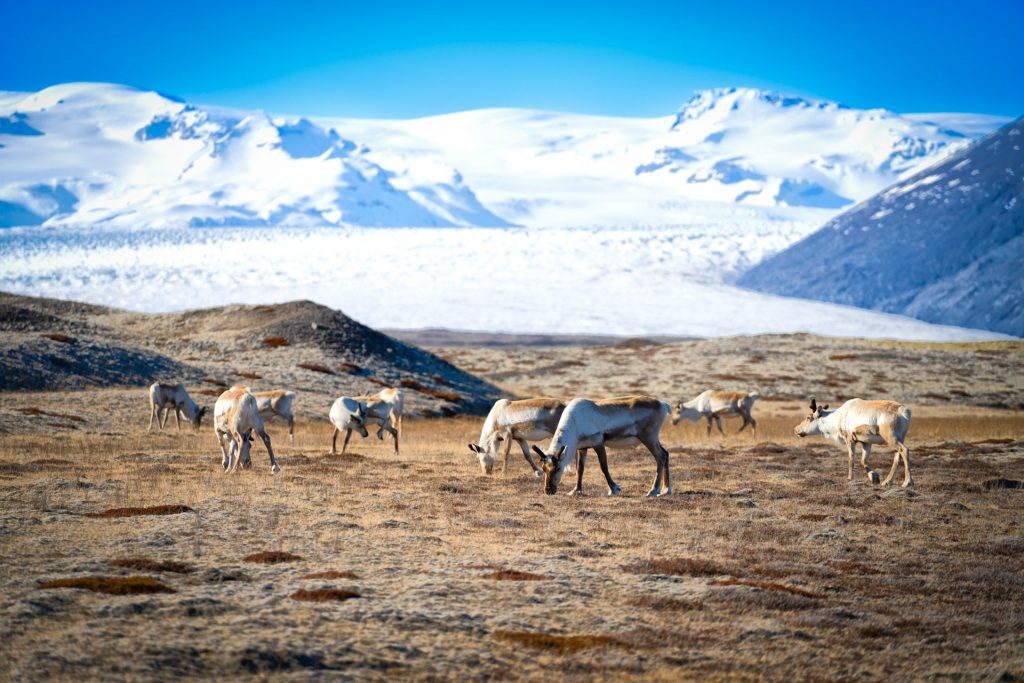
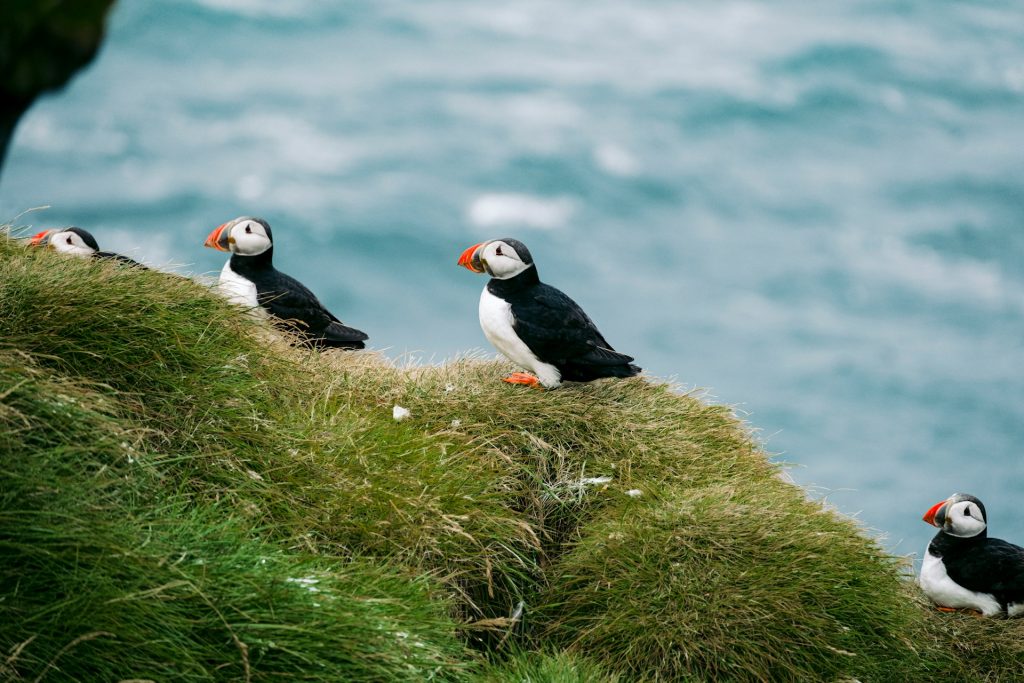
The Role of Experienced Guides in Icelandic Hunting
Experienced guides play a crucial role in ensuring a safe hunting experience. They offer valuable knowledge about local wildlife and regulations.
For non-residents, hunting with a licensed Icelandic guide is mandatory. This ensures compliance with strict hunting laws.
Guides also enhance the hunting experience by sharing insights into local traditions. Their expertise makes the trip both enjoyable and educational.
Renting a Car for Hunting Expeditions
Renting a car is a practical option for reaching remote hunting areas. Hertz Iceland offers vehicles suited for rugged terrains.
Choose a vehicle that matches your needs and the area’s conditions. Be ready for varied weather and road challenges.
Plan your travel route in advance. This ensures a smooth journey and timely arrival at your hunting destination.
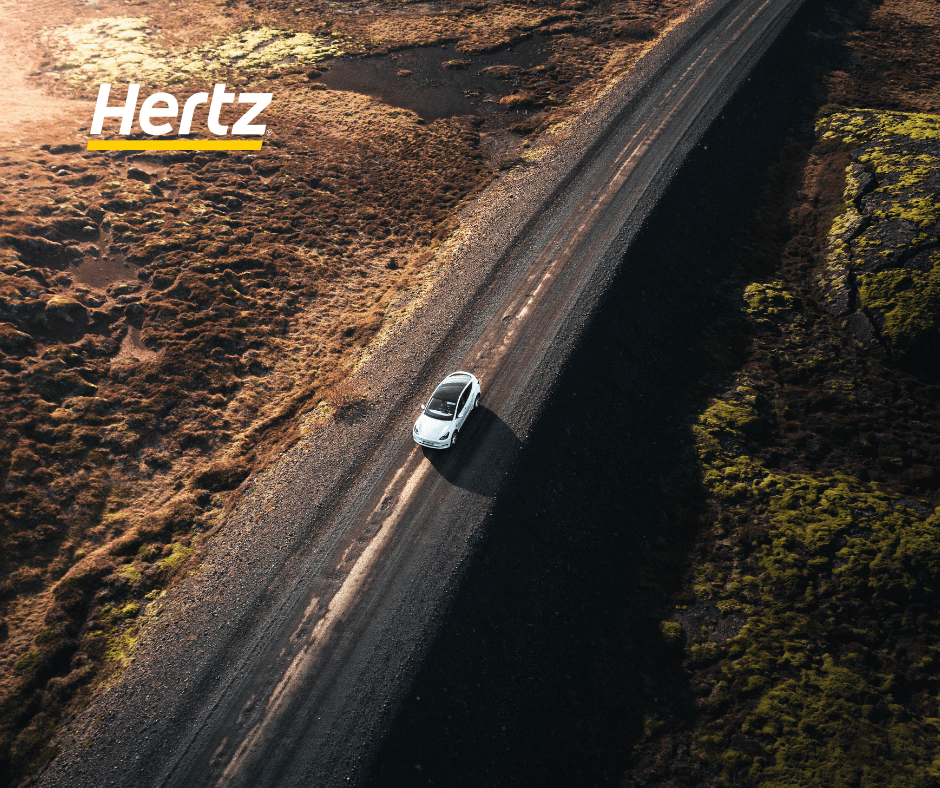
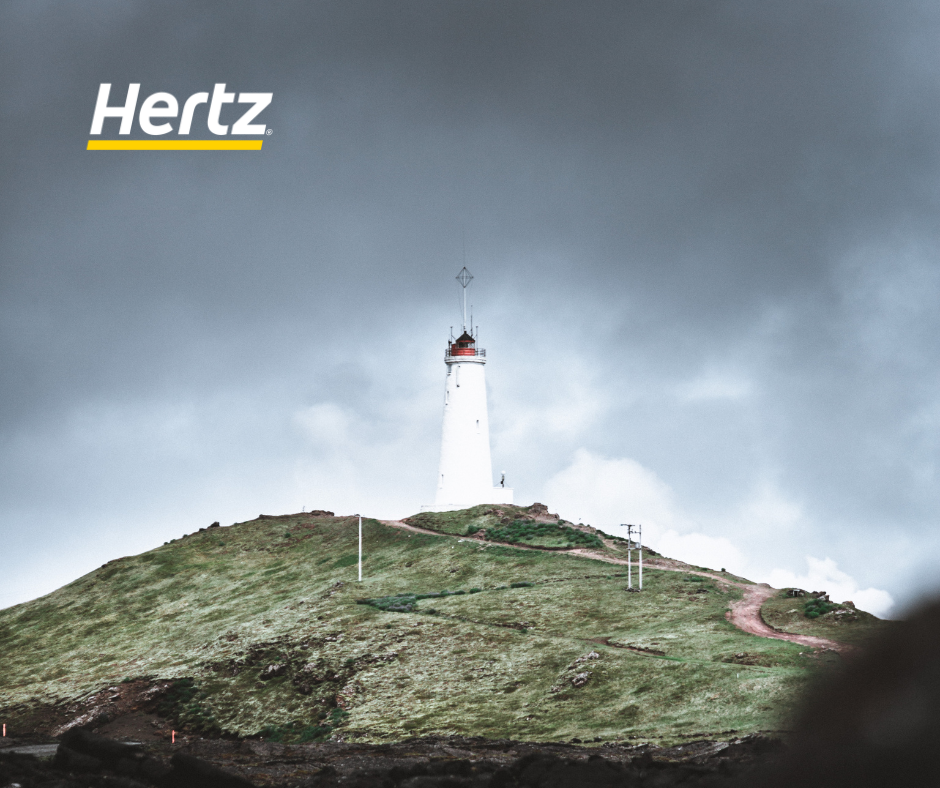
Ethical Hunting and Conservation in Iceland
Ethical hunting in Iceland plays a key role in responsibly managing wildlife populations. This is vital for preserving species and their natural environments.
Hunters must adhere to regulations established by the authorities. These guidelines maintain a balance between wildlife protection and permitting hunting.
Respecting nature and employing ethical hunting methods is crucial. Ethical hunting enhances biodiversity and respects local heritage and customs.
